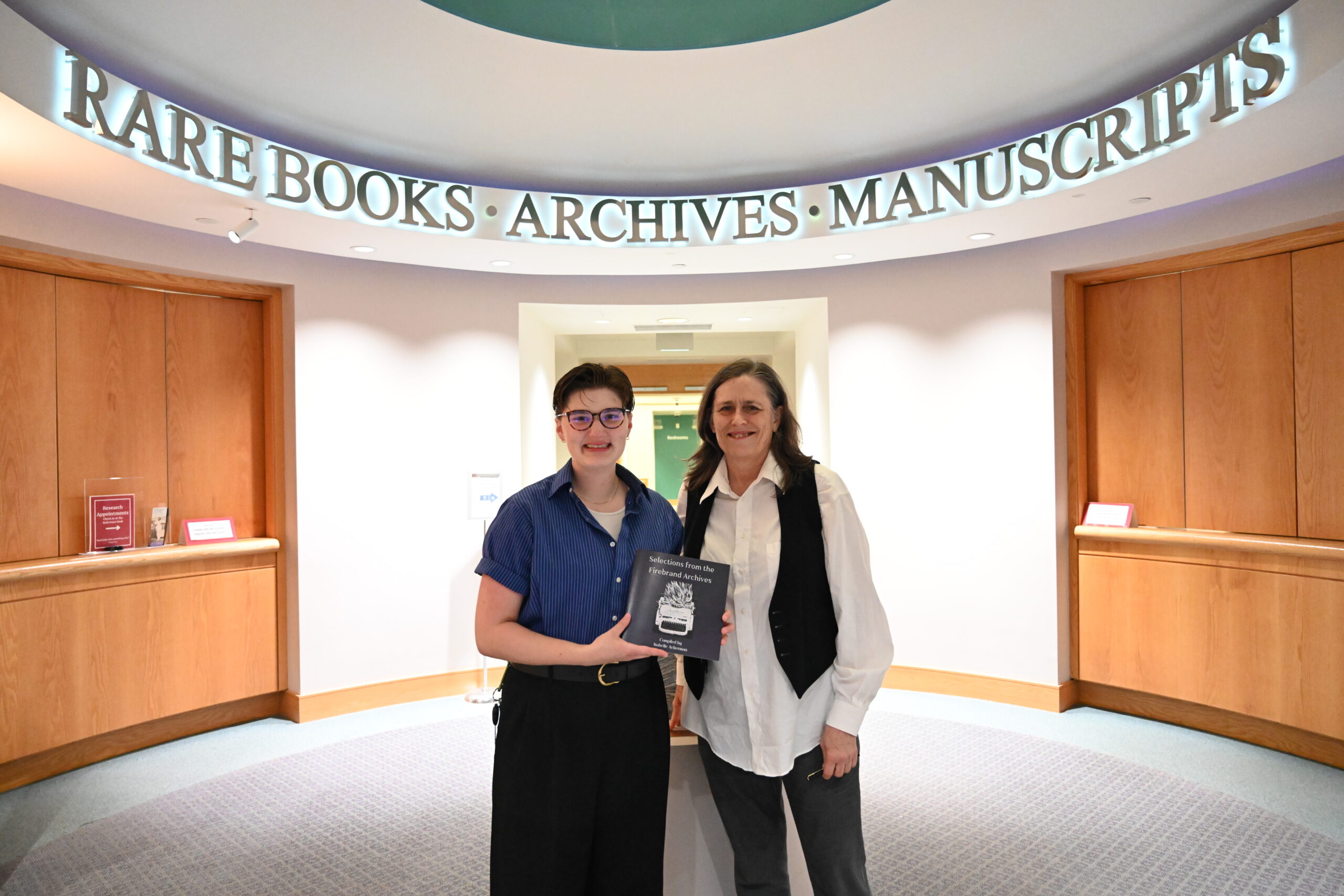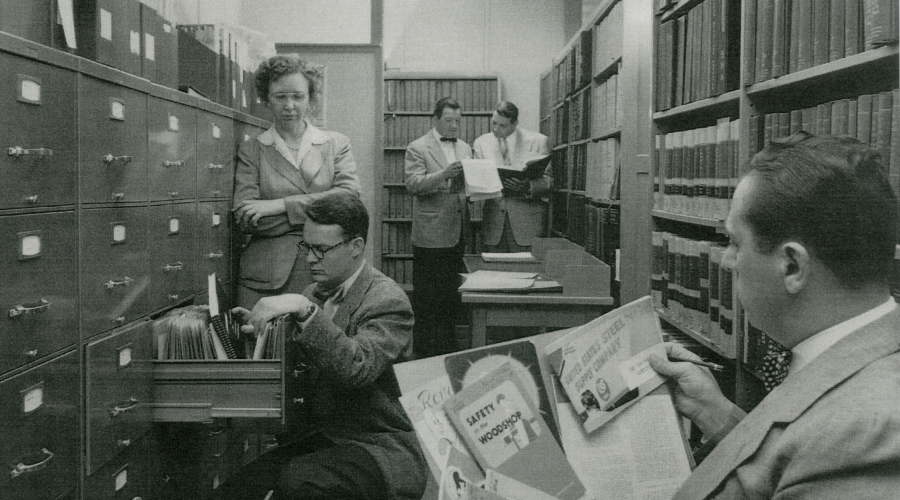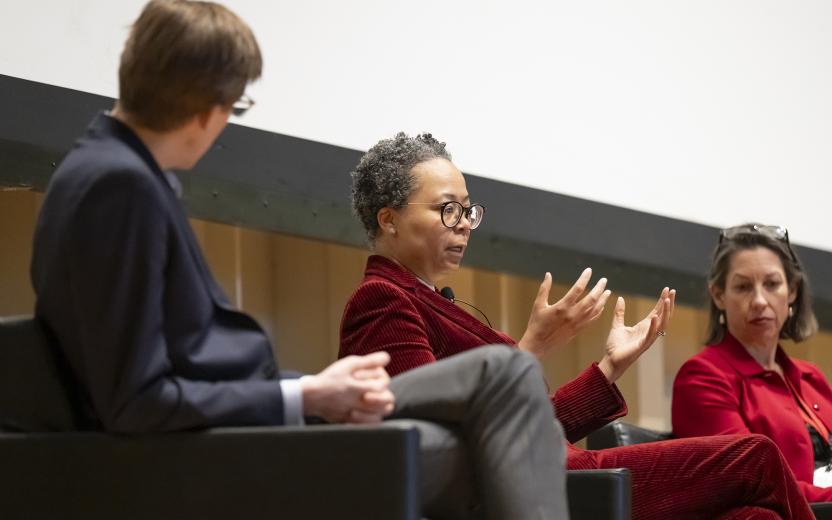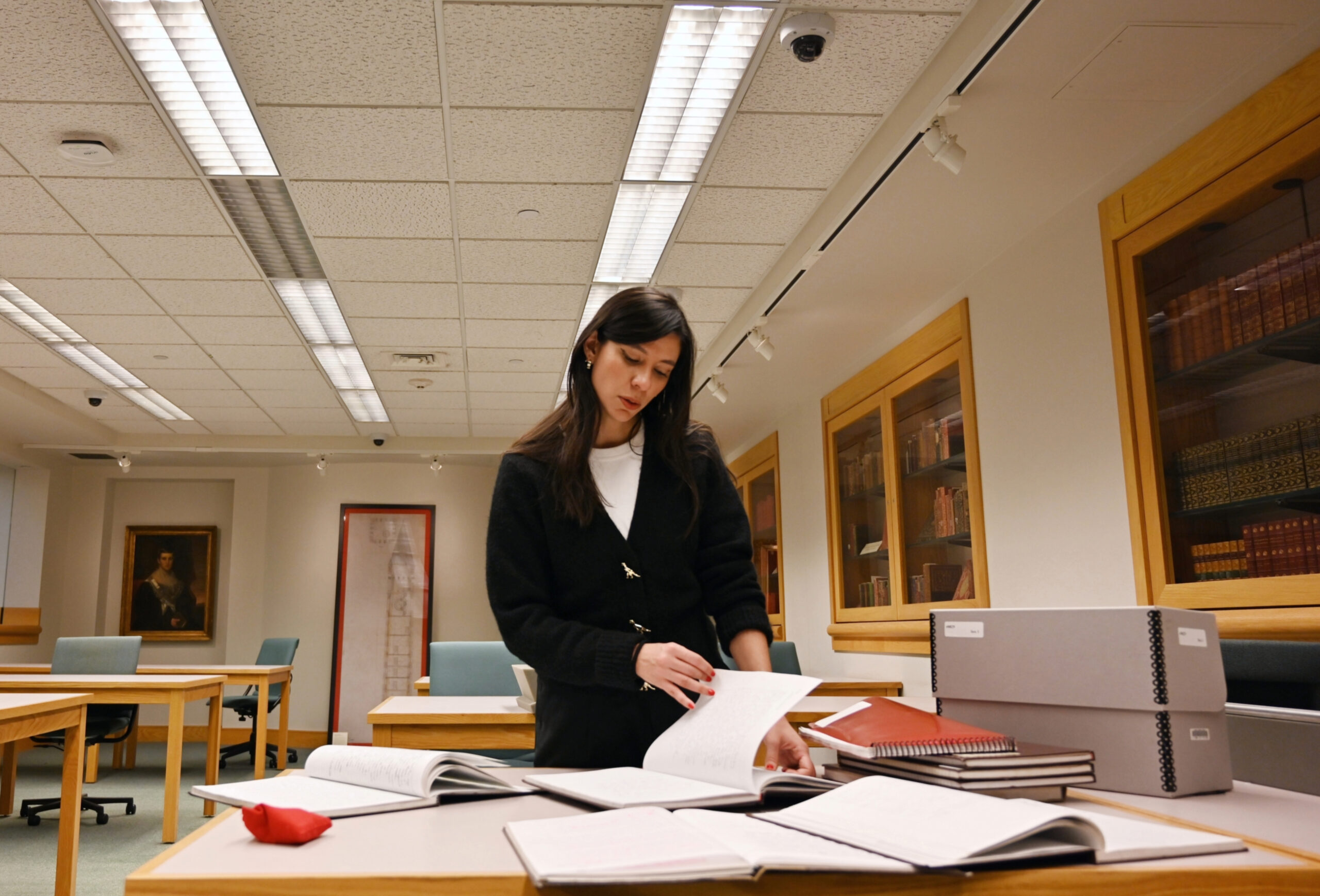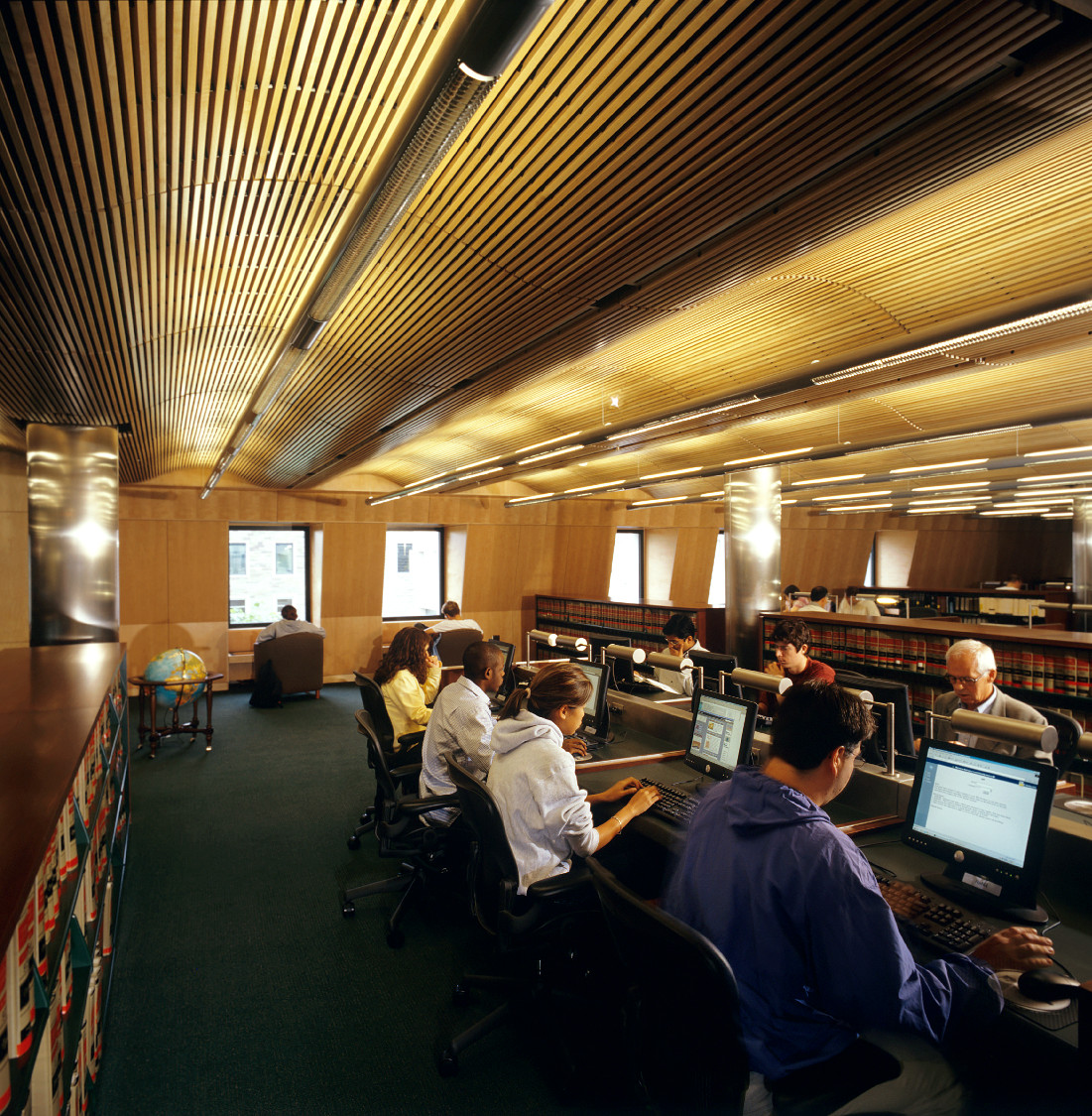
Amid ongoing national conversations about reform sparked by police killings of Black Americans last year, a new Cornell University Library archive promises to help researchers track and analyze the views of police unions and associations, as reflected by their websites.
Spearheaded by the library’s Kheel Center for Labor-Management Documentation and Archives in Catherwood Library, in the ILR School, the Police Unions and Associations archive features a curated collection of 165 public safety organizations’ websites, from the Alliance of Hispanic Law Enforcement to the Vulcan Society, a fraternal organization of Black New York City firefighters. Each represents one of four constituencies: labor unions, professional associations, minority law enforcement organizations and police accountability organizations.
“Analyses of the role of policing in society have reached a peak with issues of law enforcement, social justice and public security taking center stage,” reads the archive’s official description. “A range of policies and methods, as well as critical statements and aspirational proposals, are documented in the websites.”
Web archives have become a critical resource for researchers as materials historically distributed in print – from meeting minutes and contracts to statements and newsletters – have migrated online. Preserving those digital records can be difficult, however, since websites can change quickly – and even disappear – in response to new technology and shifts in organizational priorities and structure, such as a merger or dissolution.
“Web archiving is essential to preserving the cultural heritage of today’s digital landscape,” said Steven Calco, research archivist at the Kheel Center. “The ephemeral nature of websites is the biggest challenge in preserving this medium for future generations.”
As often as every six months, the library will “crawl” the selected sites to identify and capture changes in publicly posted statements, press releases, media coverage, photos and videos, preserving the organizations’ activity and positions on topics including police accountability, bargaining, benefits, fundraising, legislation and reform.
“You can see how they present issues and if their stances have changed, or how they respond to current events,” said Barbara Morley, who led the project until her recent retirement as the Kheel Center’s digital archivist.
The archive, which first crawled sites in February, provides a foundation for researchers interested in police reform and organizational history, as well as in benefits, contracts and even genealogical research, Calco said. It can be paired with the Internet Archive’s Wayback Machine to observe changes in the websites potentially dating as far back as the mid-1990s.
Wayback Machine crawls, however, are largely automated and may miss some sites, or capture others incompletely, said Michael Fleming, web archiving technician for the library. In contrast, with library archives hosted on the Archive-It platform, Fleming said, “we are able to curate a collection of sites that are then deposited into the Wayback Machine, but are captured in more depth, reviewed for quality and assigned metadata to aid future researchers searching for this content.”
The powerful Police Benevolent Association of the City of New York, the world’s largest municipal police union, offers an example of how website content can change over time, Calco said. After the 1999 police killing of Amadou Diallo in the Bronx, the union’s website recorded media coverage from more liberal and conservative news sources, including both positive and negative views of the police. More recently, Calco said, the site has shared less media coverage related to police accountability following the 2020 killings in other states of Ahmaud Arbery, Breonna Taylor and George Floyd.
“The web archive provides an interesting landscape of police unions and associations at any given point – what they supported, what they felt was important to make statements on,” Calco said.
One can similarly trace the development of a law enforcement policy like stop and frisk, he said, and see how it fell out of favor and how the organization addressed that publicly.
The Police Unions and Associations web archive is one of 19 the library currently hosts on Archive-It, also including the Kheel Center’s Work and COVID-19, which since April 2020 has documented responses by more than 600 unions, governments, nonprofits and other organizations to the coronavirus pandemic.
“Disparities in policing have been a topic of conversation for a long time in many communities and organizations, and I think that has been underdocumented,” Morley said. “This is a rich and fast-changing discussion with lots of stakeholders making important contributions, and we hope to document more and more of those voices, positions and ideas.”
This story first appeared in the Cornell Chronicle.

